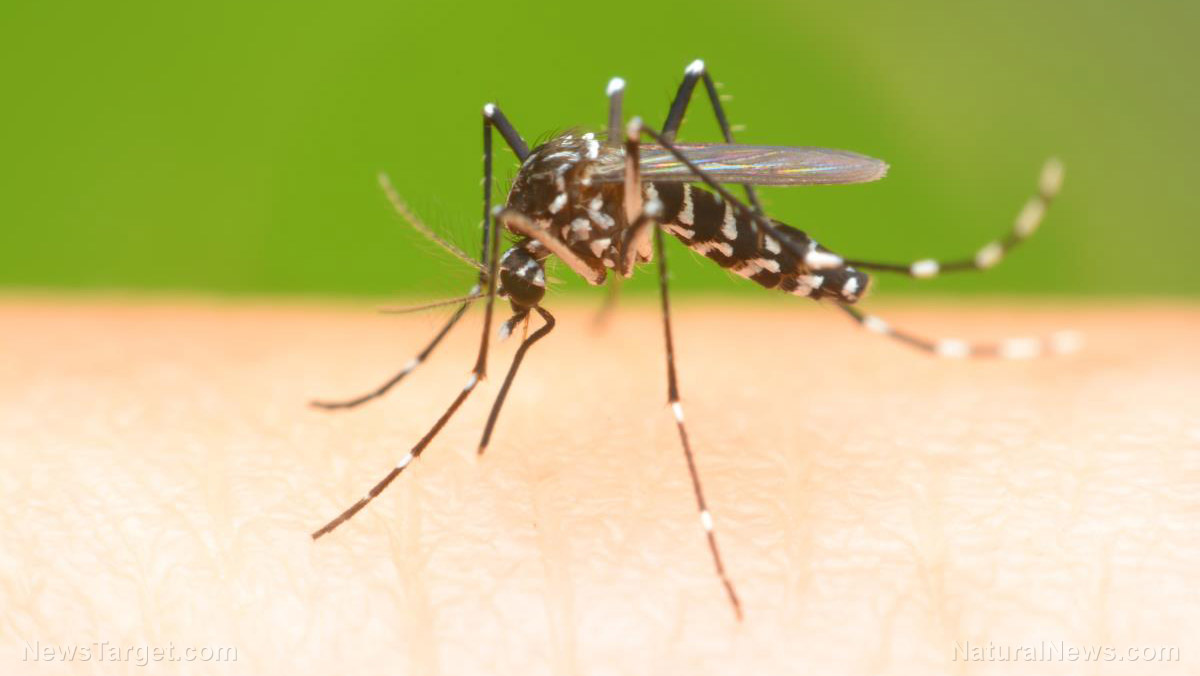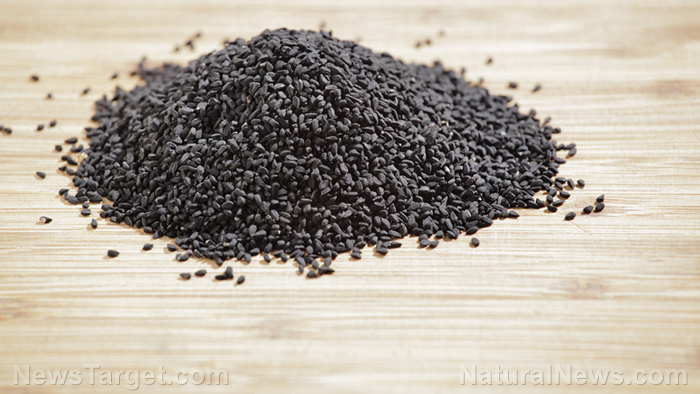Looking at sleep apnea and its treatment through the eyes of a homeopath
12/06/2018 / By Rhonda Johansson

Sleep apnea is a dangerous sleep disorder that causes your breathing to become shallow or completely stop during periods of rest. Studies have shown that this abrupt shift in breathing causes subtle changes in your brain — so much so that while sleep apnea generally doesn’t trigger wakefulness, it keeps your brain from entering into deep sleep, the state necessary for your body to heal. This, in turn, increases your risk of developing various conditions.
Current medical advice treats sleep apnea as part of a palliative program, rather than a curative one. This is due to the belief that the sleep disorder is caused by the blockage or the narrowing of the airways. This is correct for obstructive sleep apnea (OSA), which is the most common form of the disorder, but is not necessarily true for central nervous sleep apnea (CSA), another type of sleep apnea. CSA may occur for various reasons, one of which is related to the breathing center in the brainstem. This type of sleep apnea is still not well understood by scientists despite considerable research into the area.
Nevertheless, sufferers of all forms of sleep apnea are provided treatment with the assumption that their condition is a lifelong one.
Pioneering work into the fields of psychology and homeopathy may alter this school of thought.
A fascinating review of sleep apnea and its treatment with homeopathy written by Fatima Ho and published in Hpathy explored the curative potential of the alternative medicine in treating the disorder.
It suggests the pathology of sleep apnea could be a combination of both past emotional trauma and physical stress. Understanding how these two interact with each other to manifest sleep apnea symptoms may help homeopaths decide which remedy to prescribe to their patients.
Dr. Damaris Drewry, a trauma resolution specialist, has written that CSA may be caused by a traumatic event that becomes imprinted in the autonomic nervous system as part of the flight-or-fight response. Here it lays dormant until it is triggered by certain life stresses, resulting in the appearance of sleep apnea symptoms.
A homeopathic case analysis (which typically includes the totality of symptoms, keynotes, essence, organ specificity, or a combination of these to find causation) may be extremely helpful in unlocking the puzzle to treating sleep apnea fully, especially when taken with the mindset that the sleep disorder may be caused by psychological factors.
Thus, the rubrics for the treatment of sleep apnea from a homeopath will be organized according to three categories: mentals (e.g. fear from an abuse, mental shock, fright from an ordeal, etc.), generals (e.g. difficulties in respiration), and particulars (e.g. arrested respiration, constriction of the larynx and trachea, etc.)
While each case will be different, each homeopath will choose the most characteristic signs and symptoms of their patient and repertorize accordingly.
Remedies will be given based on the details of each case.
It is interesting to note that among the various remedies, opium and lachesis are determined to be the most efficient at relieving sleep apnea symptoms.
An introduction to homeopathic medicine
Homeopathy is an alternative form of medicine that treats a person as a whole, rather than focusing on a diseased part or labeled sickness.
It operates on the main principle that “like cures like.” This means that the medicine given is similar to the disease that the person is experiencing in its totality, not as a specific disease category. (Related: Homeopathy officially recognized by Swiss government as legitimate medicine to coexist with conventional medicine.)
Homeopaths prescribe a remedy whose materia medica (drug picture) matches the patient’s character.
Sources include:
Tagged Under: alternative medicine, alternative treatments, Homeopathy, natural cures, natural medicine, remedies, sleep apnea, sleep disorders




















